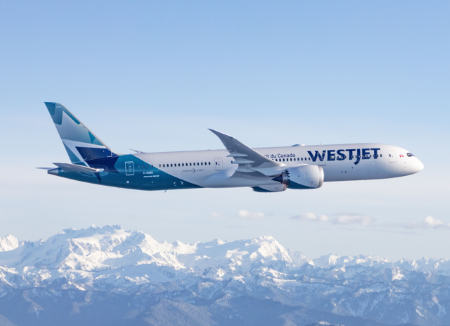U.S. Trade Representative, Michael Froman, said the United States is working on closing the Trans-Pacific Partnership trade talks by the end of this year but is going to “let the substance of the negotiations set the deadline.”
“The leaders have set the objective of completing negotiations this year, that’s an ambitious objective,” Froman said at the launch event for POLITICO Pro’s new trade vertical. He added that an upcoming ministerial-level meeting in Singapore in December will be an important step where senior officials will do “real work.”
Froman conceded that ultimately not all demands will be met in the trade deal. “We don’t have the luxury of being able to maintain an all-or-nothing approach,” Froman said, later adding, “our goal is to achieve the best possible outcomes we can for U.S. interests.”
Ministers from TPP countries are expected to meet in Singapore shortly after the World Trade Organisation ministerial conference December 3 – 6 for what could be their last meeting before the end of the year.
A number of sensitive domestic industries, including the apparel, footwear, sugar and dairy sectors, want to be guaranteed a certain degree of protection in the Pacific trade deal. However, those industries are economically significant to certain TPP member countries, which are pushing the United States to further open its sensitive sectors to greater market access.
Vietnam wants the trade deal to cement its position as a global leader in apparel and footwear exports. New Zealand is the top exporter of dairy goods and accounts for a third of the world’s dairy trade. Australia wants to crack open the U.S. sugar market, which it was previously denied in an earlier bilateral free trade agreement with the United States.
Froman said the United States is trying to ensure access to medicines for developing countries while also protecting the intellectual property of drug makers through the rules of the Pacific deal.
Negotiators on Monday wrapped up meetings in Tokyo where they discussed outstanding intellectual property issues in the deal, including the controversial issues surrounding pharmaceutical patent protections.
“Our goal is to strike that balance, it’s a balance the Congress itself has spoken on,” Froman said, referring to a May 10, 2007 agreement that House Democrats struck with the George W. Bush administration. That agreement recognised that developing countries deserved more flexibility when it came to complying with intellectual property protections in a trade deal.
Congress last passed trade promotion legislation in 2002, clearing the way for the Republican administration of President Bush to negotiate trade deals with more than a dozen countries. The legislation, which expired in 2007, allows the administration to submit an already negotiated deal to Congress for an up-or-down vote, leaving no room for amendments.
Froman said a lot of the effort has involved educating members on “what TPA is and isn’t.” It is not a move to take power away from Congress on trade matters, but rather it’s an opportunity for Congress to let the administration know what it wants in a trade deal, he said. “It’s a process that Congress has gone through ever since 1974,” Froman said.
However, months of technical talks between Democratic and Republican staff on the committees of jurisdiction in Congress still have not produced a bill, even though both Senate Finance Chairman Max Baucus (D-Mont.) and House Ways and Means Chairman Dave Camp (R-Mich.) set a goal of passing trade promotion authority this year.
Not having that authority could complicate efforts to seal a deal. Countries are less prone to make politically difficult concessions if the United States can’t guarantee that Congress in the end won’t amend the agreement, trade experts say.
“If we’re going to move a trade agreement at all, trade promotion authority has to be part of that. The bottom line is, the president is going to need it.” National Association of Manufacturers President Jay Timmons said during a panel discussion following the Froman interview.
“No one is going to negotiate with this country if they think they are going to have to negotiate with 535 negotiators that can’t even pass a budget,” Timmons said.
Senate Republicans tried to pass a trade promotion authority bill two years ago, but they were blocked by Senate Democrats who said the time was not yet right to take to up the measure. Some Republicans complain the White House is not doing enough to build support for legislation among congressional Democrats, a charge that Froman has previously rejected.
Timmons stressed that Congress needs to get around this issue. “The administration is committed to it, companies in this country are committed to it,” he said.







